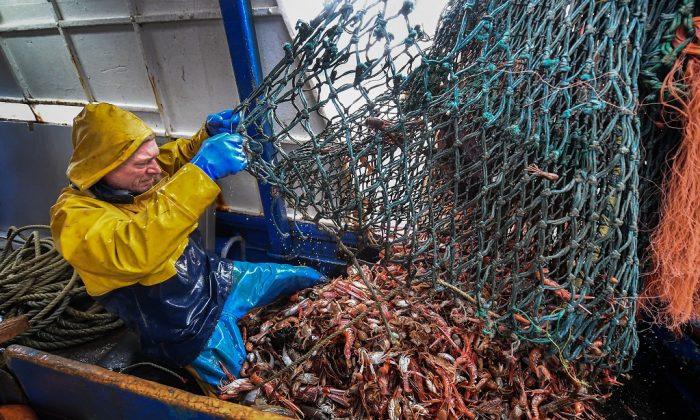The fake news media recently published a barrage of stories claiming climate change is harming the global fish catch. However, objective data show just the opposite. As the earth continues to warm modestly, fishermen around the world continue to set new fish catch records nearly every year.
The problem is, an examination of global fish data shows there has been no reduction in the global fish catch. In reality, exactly the opposite is happening.
- 2015 was a record year for global fish production.
- The last year that did not set a new global fish production record was 2001.
- From 2010 to 2015, global fish production increased by 19 percent.
- Since 2000, global fish production has increased by 46 percent.
- Since 1980, global fish production has more than doubled, up 165 percent.
- Since 1960, global fish production has more than quadrupled, up 440 percent.
Sadly, the media’s misrepresentation of the global fish catch is similar to the media’s misrepresentation of virtually every topic regarding global warming. The environmental left and their media allies would have us believe global warming is causing an increase in crop failures, droughts, hurricanes, tornadoes, and just about everything else that has to do with weather and climate.
Ultimately, the question is which is more credible; speculative theories and models presented by global warming alarmists or objective real-world evidence presented by climate realists that directly contradict alarmist assertions?
Which do you believe, a hindcasting model claiming global warming has reduced fish yields or the objective data showing a tremendous increase in global fish production? The answer to that question illustrates the differences between alarmists and skeptics in the overall global warming debate.






Friends Read Free